Multi-Factor Authentication (MFA) strengthens security by requiring multiple forms of verification before granting access to systems and data. It is a crucial part of modern cybersecurity strategies, enhancing protection against unauthorized access and data breaches.
MFA is widely recognized for its ability to provide robust security across industries. It combines something the user knows, like a password, with something the user has, such as a smartphone app or hardware token, and sometimes even something the user is, such as a fingerprint. This layered approach significantly increases the difficulty for unauthorized users to gain access, as it requires more than just a compromised password.
What key features should be considered?In finance, MFA is implemented to secure transactions and protect client data, an essential practice to comply with stringent regulations. In healthcare, it guards against unauthorized access to patient records, maintaining confidentiality and meeting compliance standards. Other industries use MFA to secure sensitive corporate data and protect intellectual property.
Multi-Factor Authentication is crucial for organizations to safeguard against the increasing threat of cyberattacks. It offers an additional layer of protection by making systems more secure and reducing the likelihood of unauthorized access.
| Product | Market Share (%) |
|---|---|
| Yubico YubiKey | 21.7% |
| RSA SecurID | 19.1% |
| Cisco Duo | 15.7% |
| Other | 43.5% |
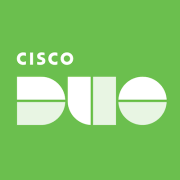

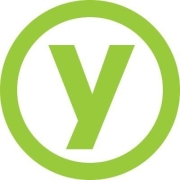


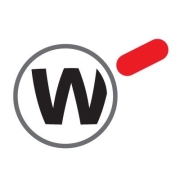

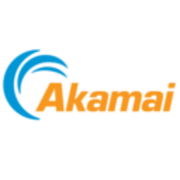
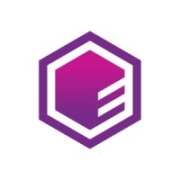




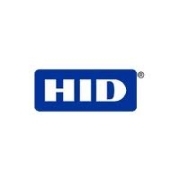
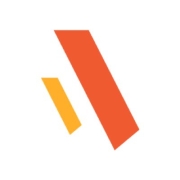

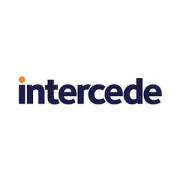
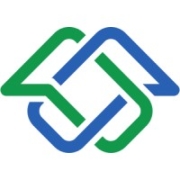

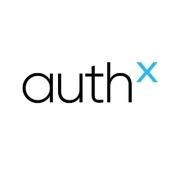
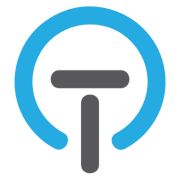








MFA enhances security by requiring multiple forms of verification when accessing accounts or systems. Typically, it involves something you know (password), something you have (smartphone or security token), and something you are (biometrics). This layered protection minimizes the likelihood of unauthorized access, even if one factor is compromised, significantly reducing the risk of data breaches and identity theft.
What are the common types of factors used in MFA?Common types of factors used in MFA include knowledge factors like passwords and PINs, possession factors such as smartphones, security keys, or smart cards, and inherence factors that include fingerprint and facial recognition. Utilizing different factors ensures that access cannot be obtained by compromising a single security element, thereby reinforcing security measures.
Can Multi-Factor Authentication prevent phishing attacks?MFA can be highly effective in preventing phishing attacks. With MFA in place, even if an attacker acquires a user's password through phishing, they would still need to bypass a second or third authentication factor to gain access. This additional security layer serves as a robust barrier against phishing threats, deterring unauthorized access attempts.
How does MFA impact user experience in the workplace?While MFA adds an extra step to the login process, it significantly boosts security, providing peace of mind for both employees and employers. Many modern solutions focus on user-friendly implementations, such as single sign-on or adaptive authentication methods, which aim to make the experience as seamless as possible without compromising security. This balance helps maintain productivity while ensuring secure access.
What are the challenges of implementing MFA at scale?Implementing MFA at scale can present several challenges; organizations must ensure compatibility with existing systems and accommodate a diverse range of user devices and preferences. User training and support are crucial to address resistance and ensure smooth adoption. Additionally, IT infrastructure must be capable of handling increased authentication traffic. Strategic planning and incremental deployment can help mitigate these challenges, allowing a successful MFA implementation.